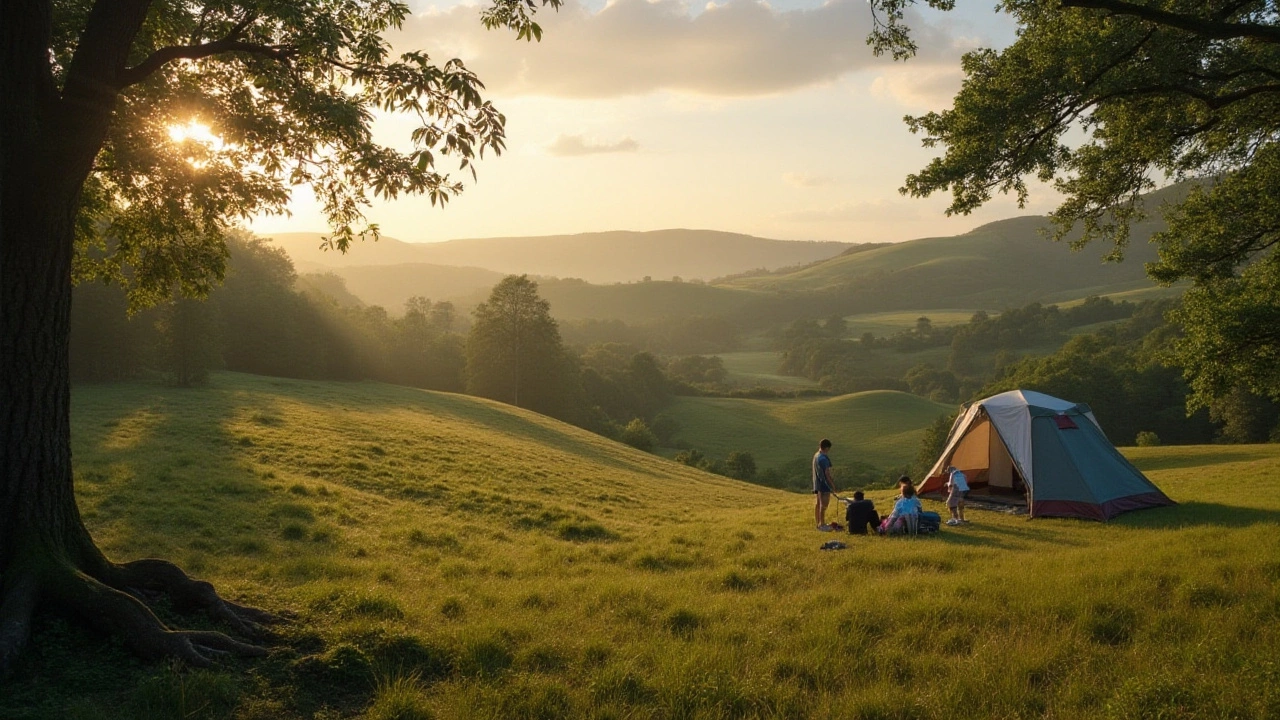Camping Legality in England: Simple Rules You Need to Know
Thinking of pitching a tent or parking your motorhome in England? The laws can feel confusing, but you don’t need a legal degree to stay on the right side of them. Below you’ll get the basics – where you can camp, what you must avoid, and quick tips to keep your adventure hassle‑free.
Wild Camping: Where It's Allowed and Where It Isn't
England doesn’t have a blanket right to camp anywhere you like. In most public land, you need permission. However, there are a few gray areas. The famous “Leave No Trace” sites in the Lake District, Peak District and parts of North Yorkshire often tolerate discreet, one‑night stays if you follow these rules:
- Stay no longer than a night.
- Choose a spot away from farms, paths and private gardens.
- Leave everything exactly as you found it – no fire, no litter.
If you’re unsure, look for signs that say “No Camping” or ask the landowner. Getting written permission from a farmer or landowner is the safest bet.
Motorhome and Caravan Parking: The Do’s and Don’ts
Motorhomes get a bit more leeway because they’re considered vehicles. You can usually park on a lay‑by for a few hours, but overnight stays need a proper site or private landowner consent. Some handy pointers:
- Check the local council’s website – many boroughs list designated motorhome overnight zones.
- Use official motorhome‑friendly campsites; they’ll have electric hook‑ups, waste disposal and clear rules.
- Avoid parking on private roads or in residential streets without permission – you could get fined.
Remember, even if you’re on a public road, you still need to respect local bylaws. A quick glance at the signposts can save you a ticket.
Public parks are another common question. Most UK parks forbid overnight stays, and the England and Wales legislation backs that up. If you try to set up a tent in a city park, you’re likely to be asked to leave, and a fine could follow.
So, what’s the best way to stay legal and still enjoy the freedom of England’s countryside?
- Plan ahead – use a campsite finder or the official motorhome hire sites that map legal spots.
- Carry a small “camping checklist” – permission note, waste bags, fire‑safe gear.
- When in doubt, ask a local shop or the nearest tourist office. They love helping wanderers find a legal spot.
Bottom line: England’s rules are clear if you look for the signs and respect private land. Stick to designated campsites for longer stays, keep wild nights short and low‑impact, and you’ll avoid the stress of fines while still soaking in the beautiful landscapes.
Got more questions about where to park your motorhome in Nottinghamshire or need a quick tip on legal wild spots? Drop a comment below – we’re happy to help you stay safe, legal, and happy on the road.
